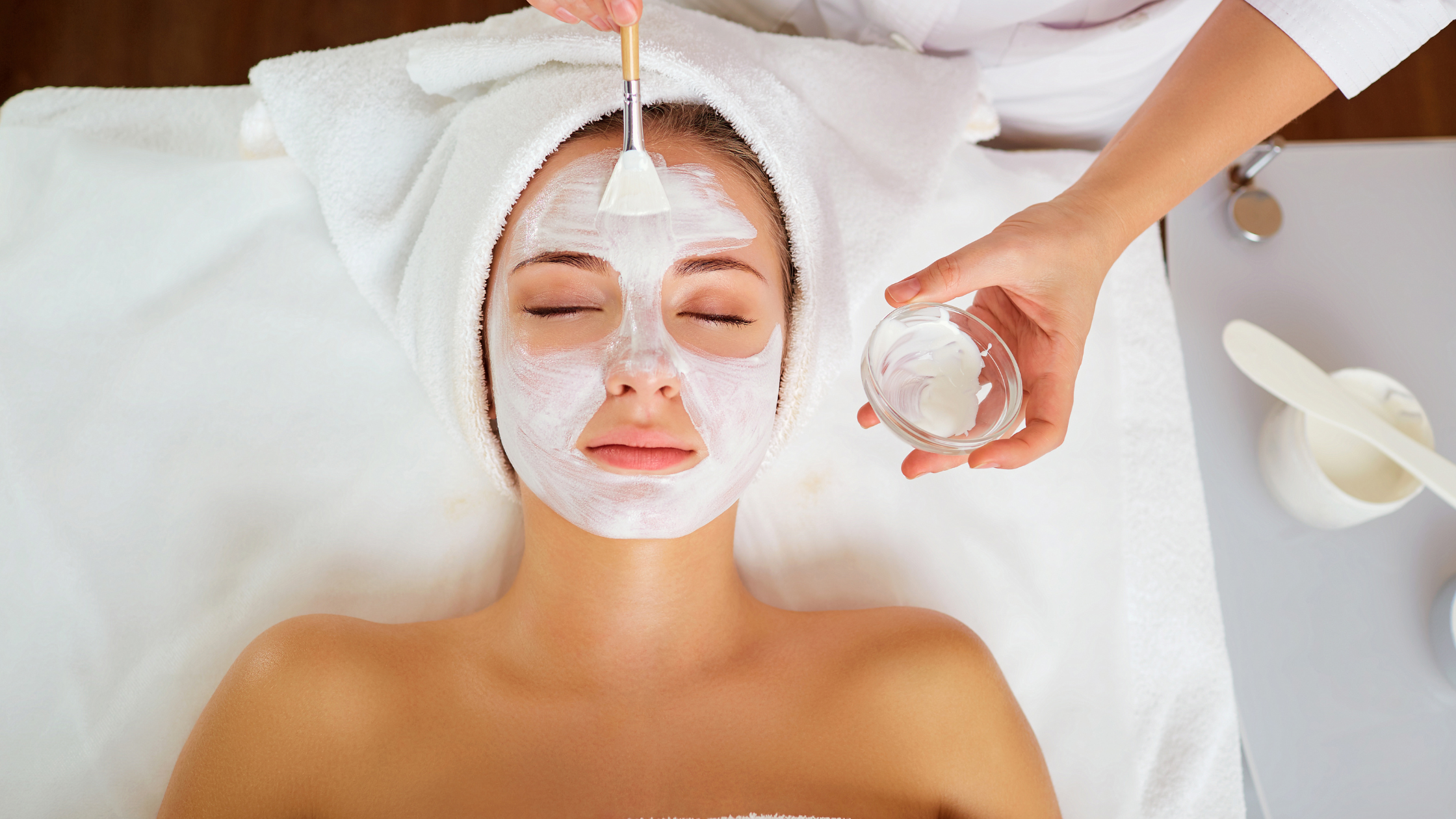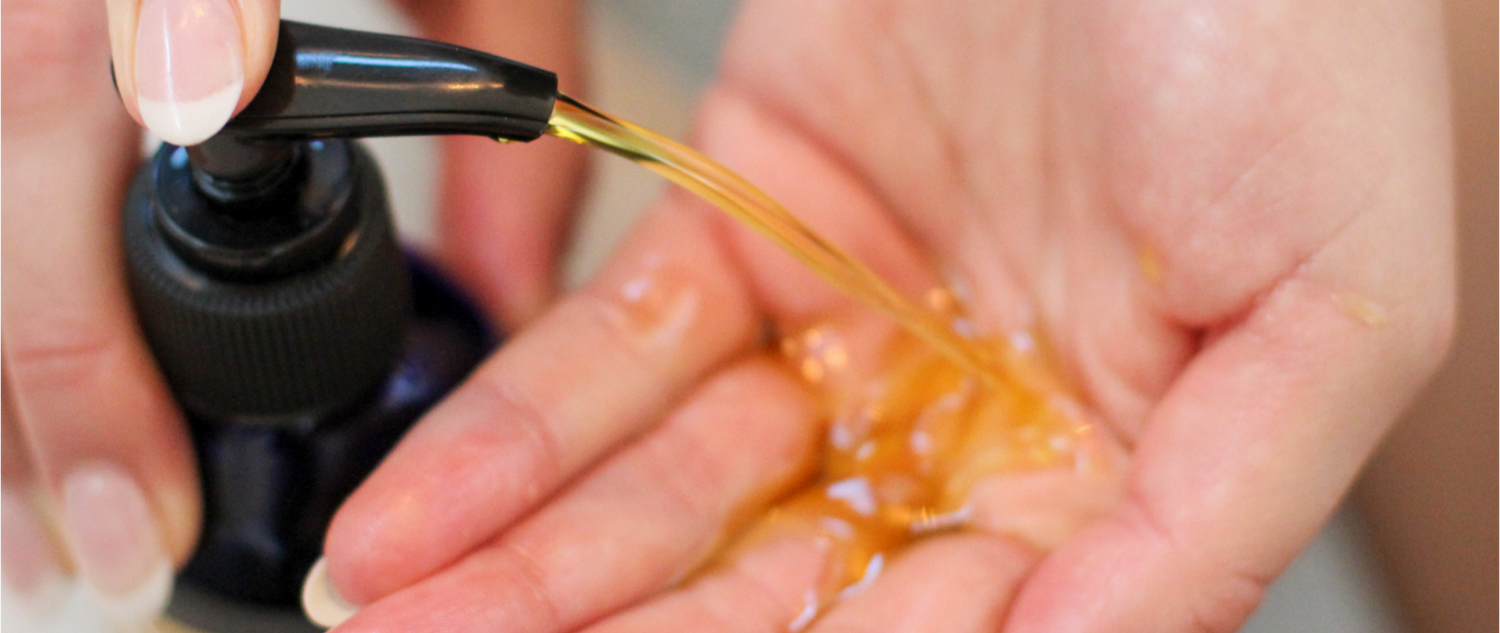When we think about the microbiome, our minds often go straight to our gut. However, did you know that your skin also has its very own microbiome? Just like the diverse ecosystem in your digestive system, your skin hosts a community of microorganisms that play a vital role in maintaining its health and appearance. Let's delve into what you need to know about your skin's microbiome:
1. Diverse and Delicate
Your skin is home to an array of bacteria, viruses, fungi, and other microorganisms. Think of it like the microbiome that exists in our gut and is vital to our digestion. This diverse collection makes up your skin's microbiome. While it might sound counterintuitive, a balanced and varied microbiome is actually crucial for healthy skin. These microorganisms form a protective barrier, helping to defend against harmful invaders and maintain skin's pH balance.
2. Skin Health and Beyond
The health of your skin goes beyond that you can see on the surface. A well-balanced skin microbiome is linked to various aspects of skin health, including moisture retention, inflammation regulation, and even the development of certain skin conditions like acne, eczema, and rosacea. A disrupted microbiome can lead to skin imbalances and problems.
3. Nurturing Your Microbiome
Caring for your skin's microbiome involves a balanced approach. Harsh cleansers and overuse of antibiotics or antimicrobial products can disrupt the delicate balance of microorganisms, potentially causing more harm than good. Opt for gentle skincare products that support your skin's natural defense mechanisms.
4. Prebiotics and Probiotics
Similar to gut health, prebiotics and probiotics can benefit your skin's microbiome as well. Prebiotics are substances that nourish and support the growth of beneficial microorganisms. Look for skincare products that contain prebiotic ingredients like oat, rice, flaxseed, soy, glucomannan, and ginseng. Probiotics, on the other hand, are live microorganisms that can be applied topically to help restore and maintain a healthy microbiome.
5. Lifestyle Matters
Just like your gut, your skin's microbiome can be influenced by your lifestyle choices. A balanced diet rich in antioxidants, vitamins, and minerals can contribute to overall skin health. Adequate hydration, proper sleep, and stress management also play roles in maintaining a vibrant skin microbiome.
In essence, your skin's microbiome is a fascinating and intricate ecosystem that deserves attention and care. By understanding its importance and adopting a thoughtful skincare routine that supports its balance, you can contribute to the health and radiance of your skin. So, the next time you consider your skincare regimen, remember that you're not just pampering your skin's surface—you're nurturing a thriving community that's working hard to keep you looking and feeling your best.





